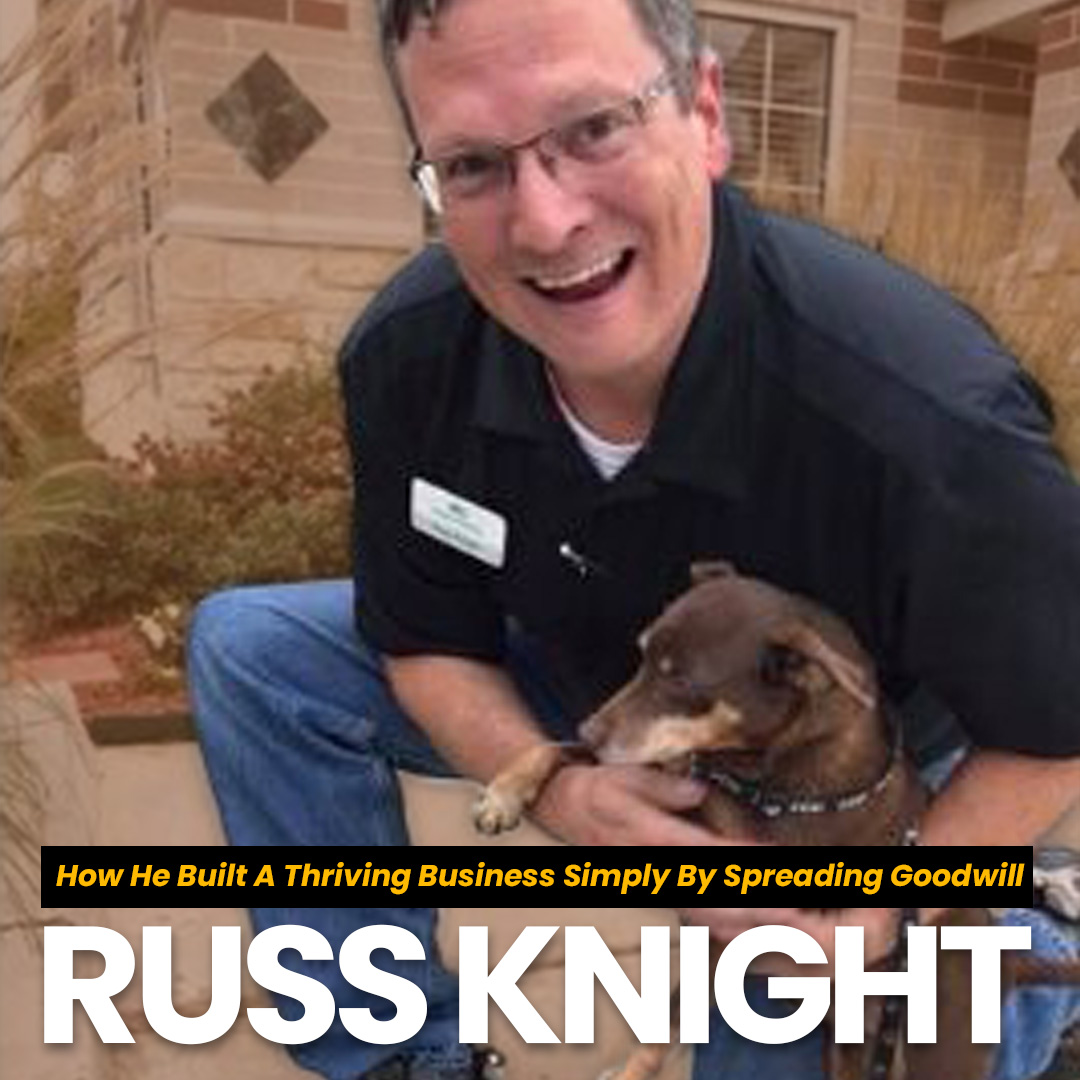“Give first, with without expectation…” – Russ Knight
In this episode, Clarence talks with Russ Knight, owner of a Christian Brothers Automotive franchise, about how Russ went from being a self-proclaimed mediocre salesperson to becoming one of the most connected and influential businessmen in his local market.
Here are some of the fascinating things you will hear in this episode:
- How to build a powerful network even if you have no business contacts.
- A simple outreach method that works for salespeople and organizations trying to raise funds.
- Looking for a better job? Russ explains why a traditional resume doesn't work and what you should do instead.
So listen here to find out how to become the authority in your market by simply spreading goodwill.










